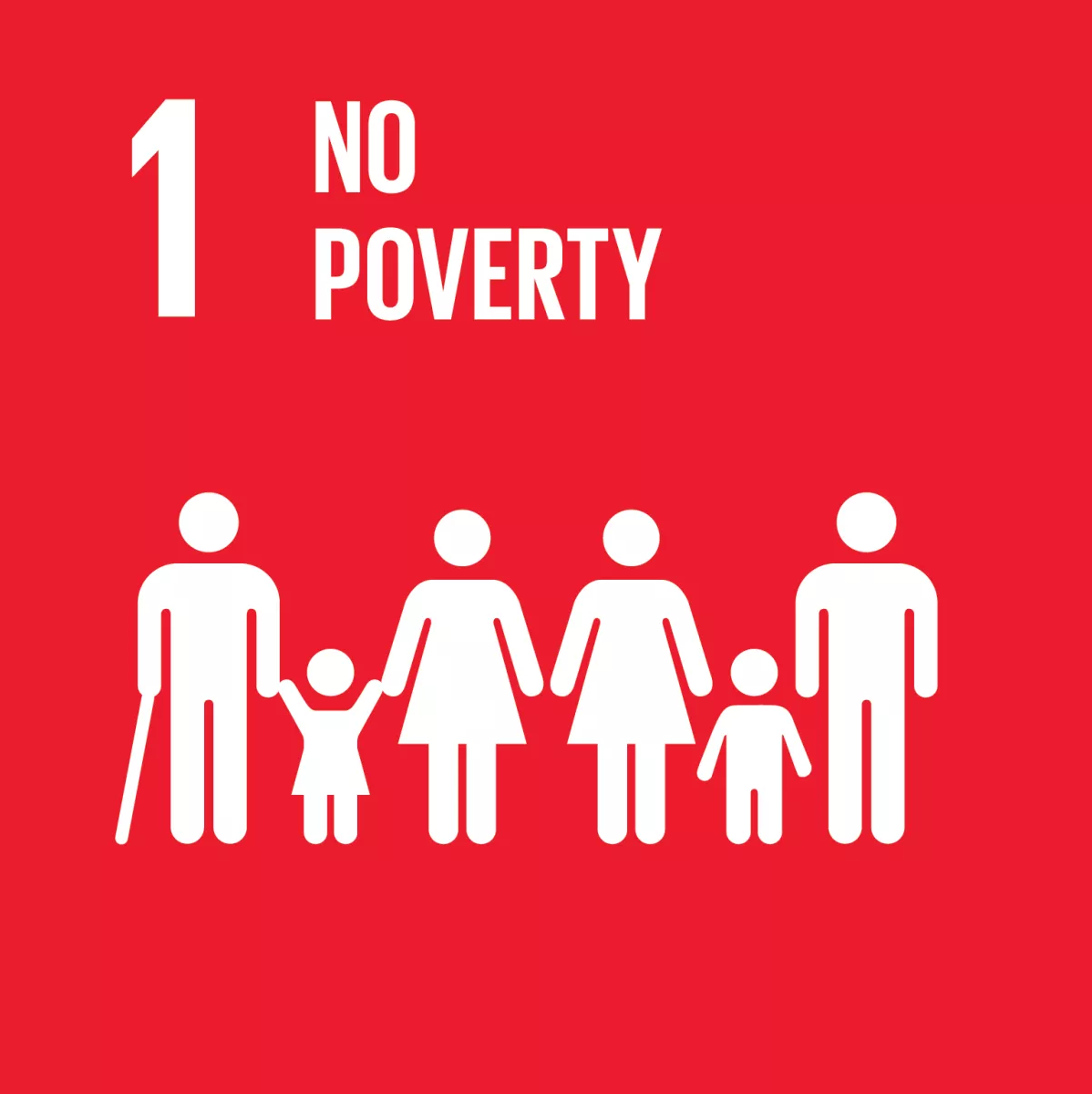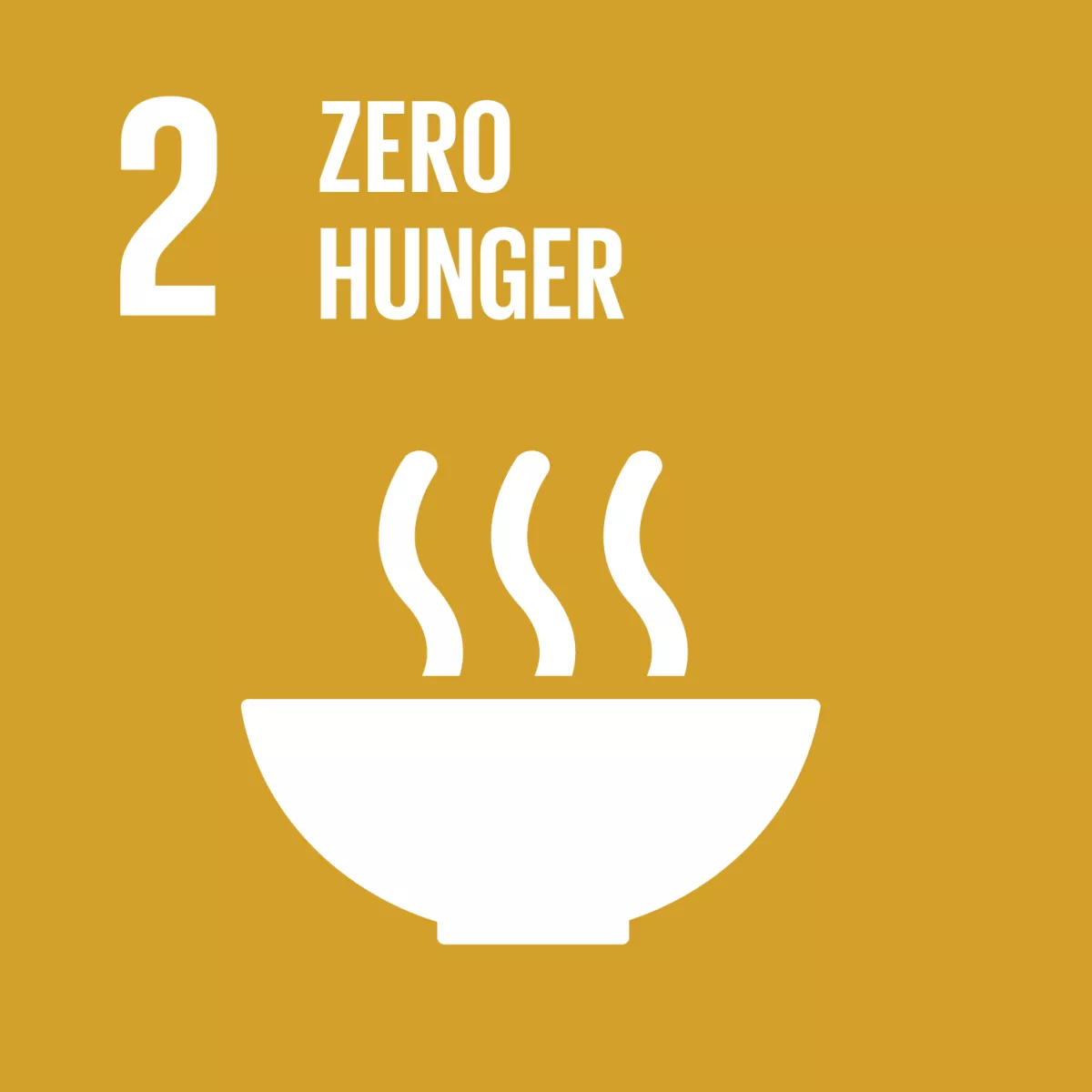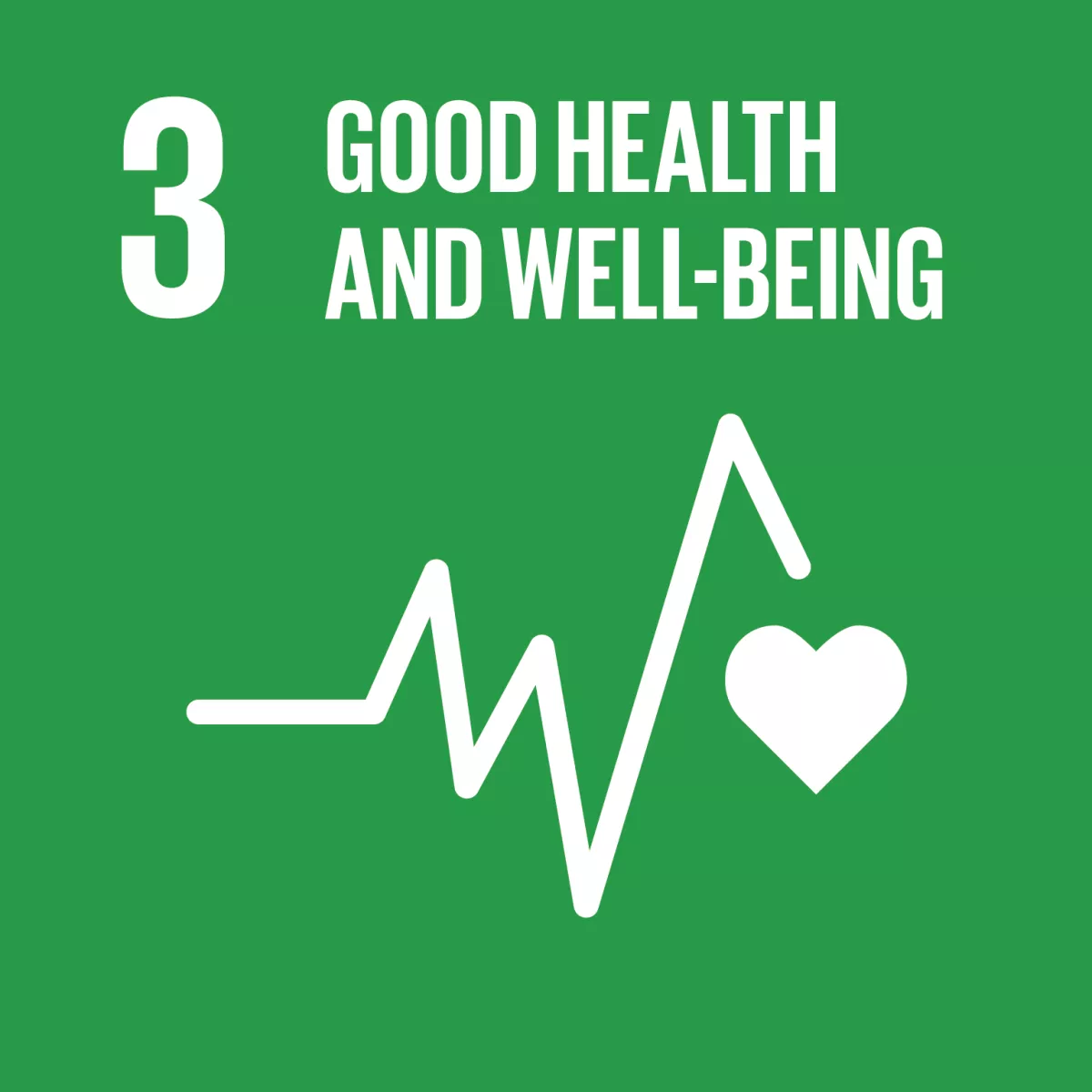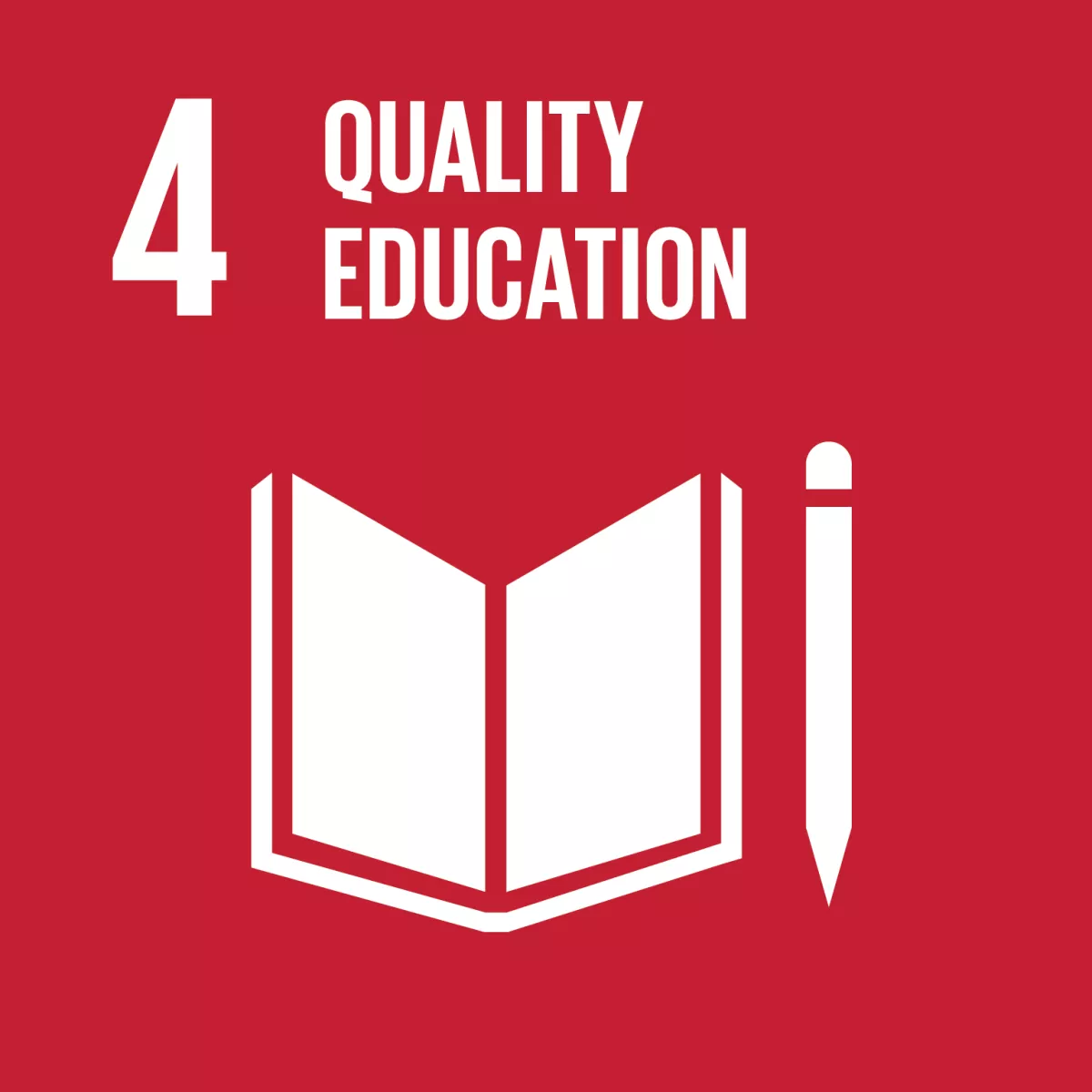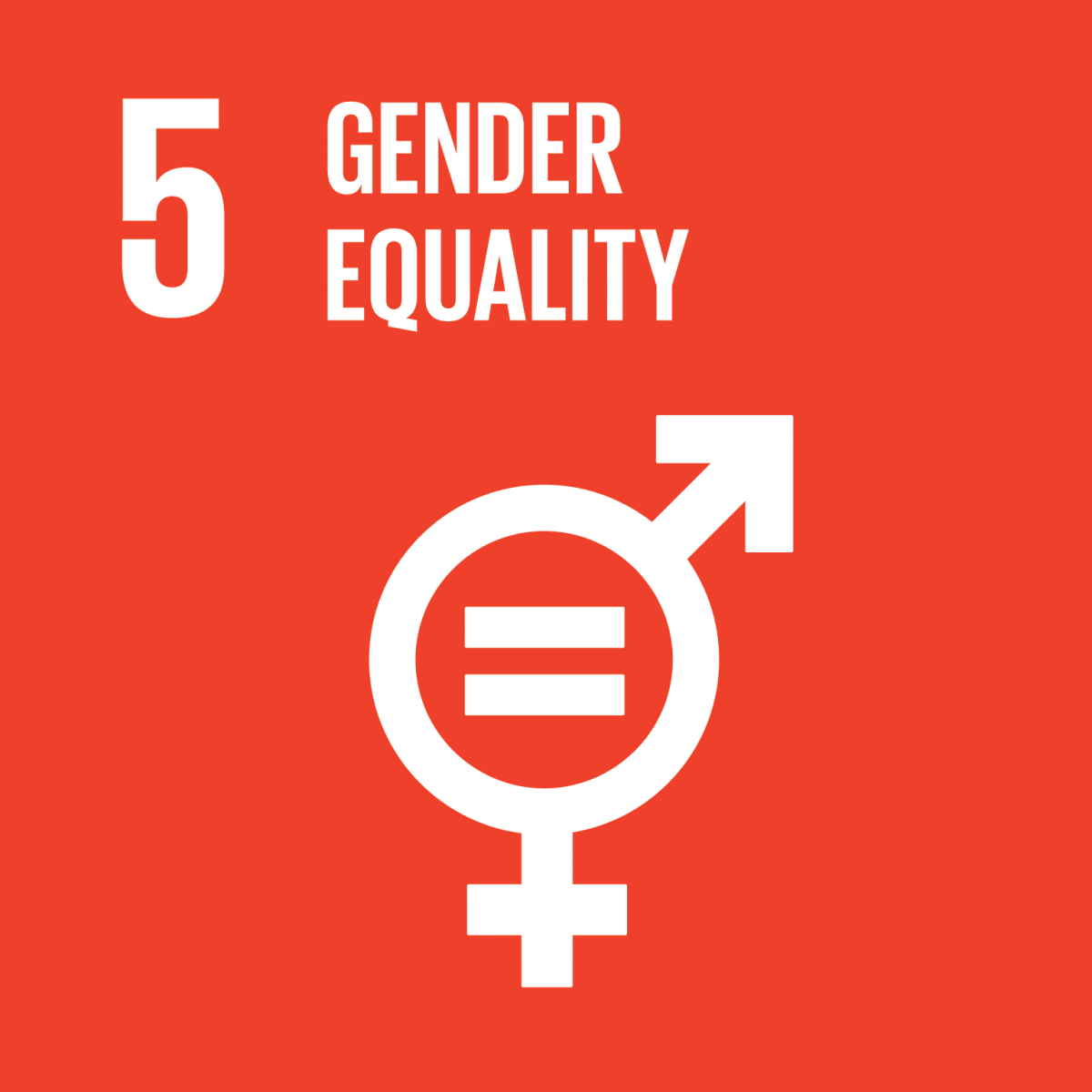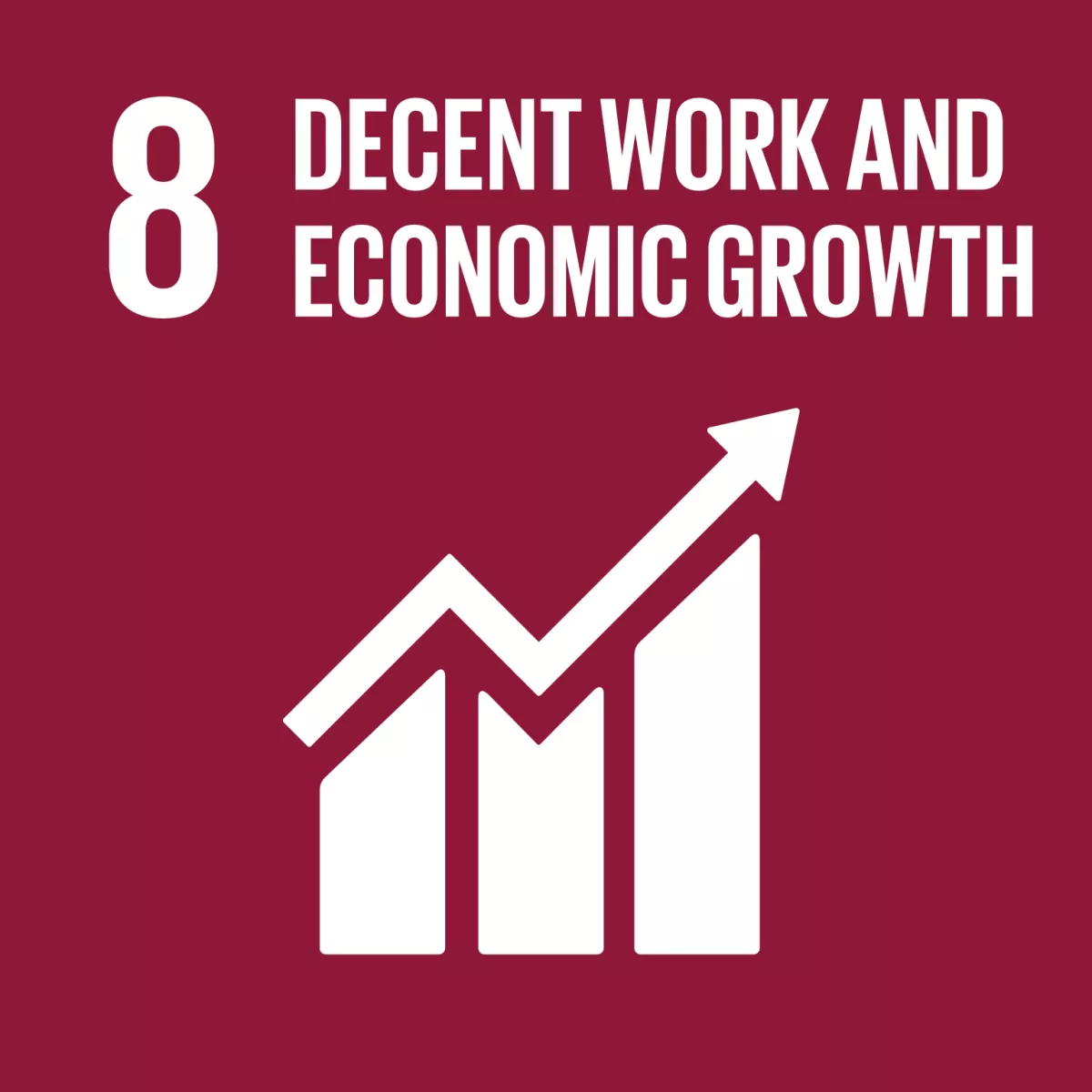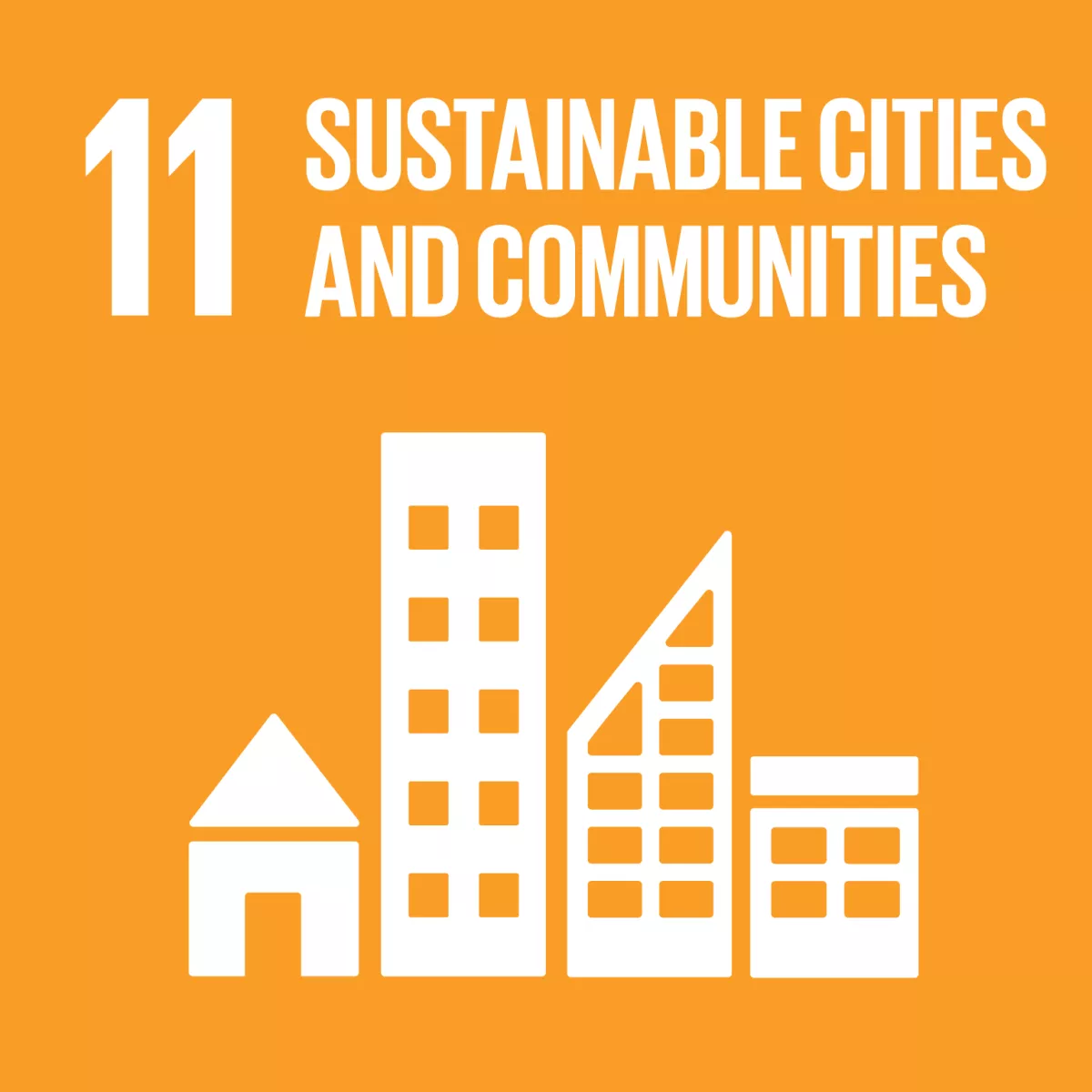Global poverty rates have been reduced by more than half since 2000. Nevertheless, 1 billion people still live in slums today. This is approximately 30 per cent of the world’s urban population. Therefore we cannot ignore millions of slum dwellers; they need to be integrated into the development planning of cities. Slums play an important role in the economy, as they are often vibrant centres of economic activity that serve both slum dwellers and the wider city, contributing decisively to the prosperity of a city.
However, the informal job market is often unskilled and low-paid. The slums’ economy is a mesh of small-scale enterprises and home-based work, which are often insecure livelihood options. It allows inhabitants to survive, but not to progress sufficiently to change their living conditions. Whilst recurrent periods of unemployment are a constant in their lives, young people living in slums are particularly affected by the lack of opportunities and jobs; this increases the risk of crime, violence and drug abuse.
Improving the livelihood of a billion slum dwellers - falls under these SDGs:
The 2030 Agenda for Sustainable Development is a plan of action for people, planet and prosperity. All countries and stakeholders, acting in collaborative partnership, are starting to implement this plan. The 17 Sustainable Development Goals (SDGs) and 169 targets demonstrate the scale and ambition of this Agenda, which balance the three dimensions of sustainable development: economic, social and environmental.
Employment is an important factor to end poverty. PSUP strengthens income generation through Community Managed Funds (CMFs). These are PSUP-sponsored action groups that take on specific tasks in the slum, generate money for the community and create jobs for its residents. Youth in particularly are central in the realisation of the CMFs.
In Bissighin, BURKINA FASO, PSUP wants to connect as many households as possible to the water supply network. For this purpose, young women and men have been trained in sanitary maintenance and installations. At the end of the training, they received complete installation kits with which they could work in the future. The community benefited, since the trained workers will install and maintain the pipelines in the future. The community now has clean drinking water. The young people, on the other hand, have a job and an income and can offer their services throughout Bissighin and the surrounding area.


